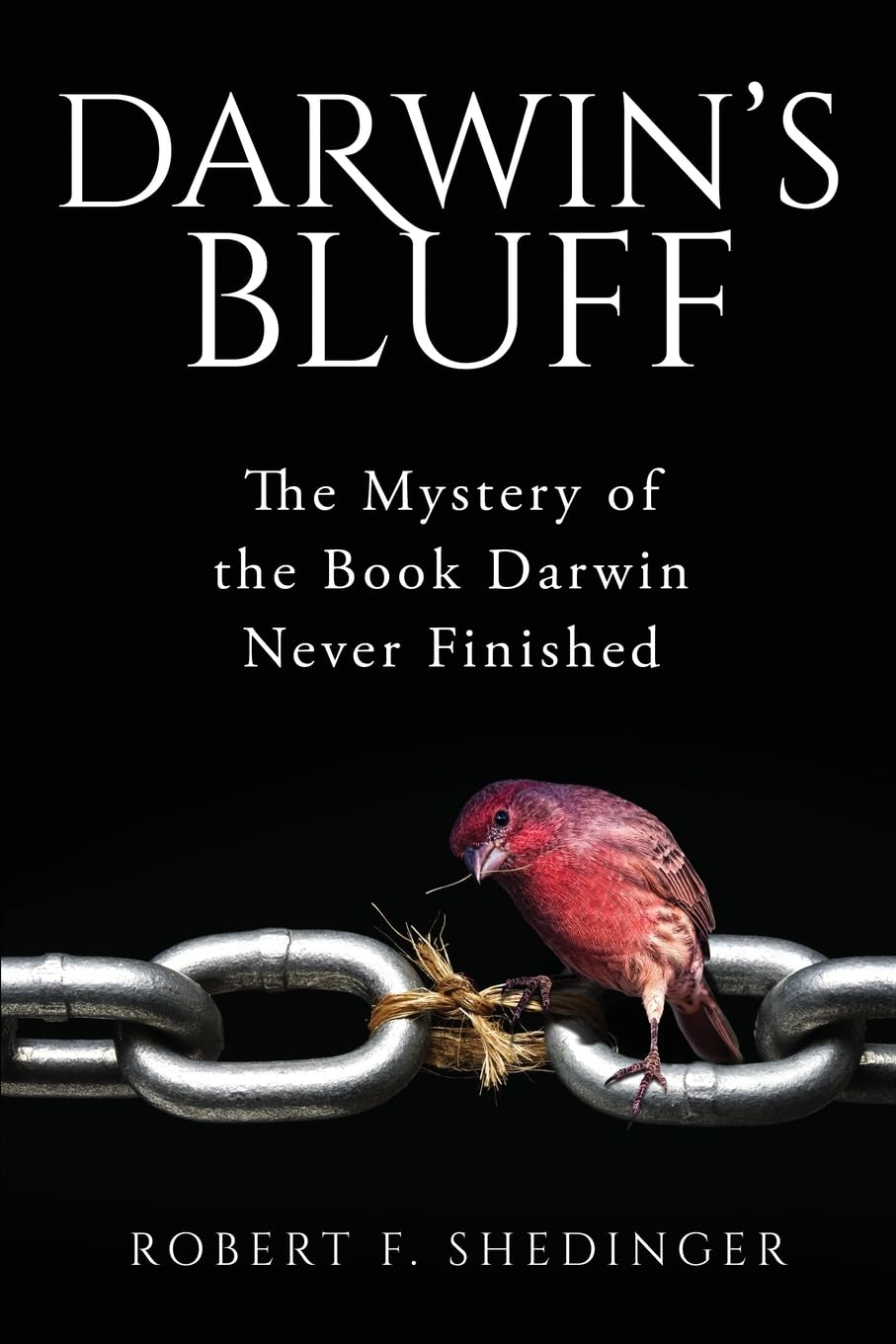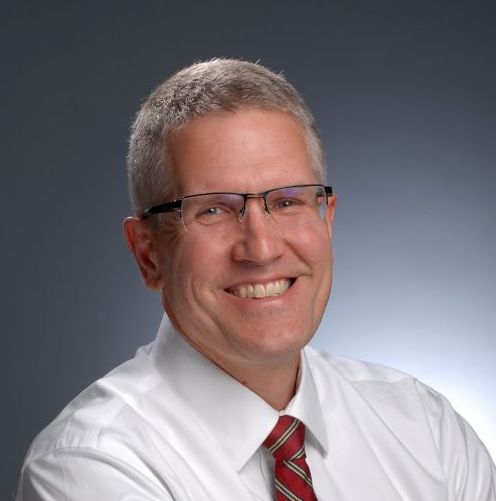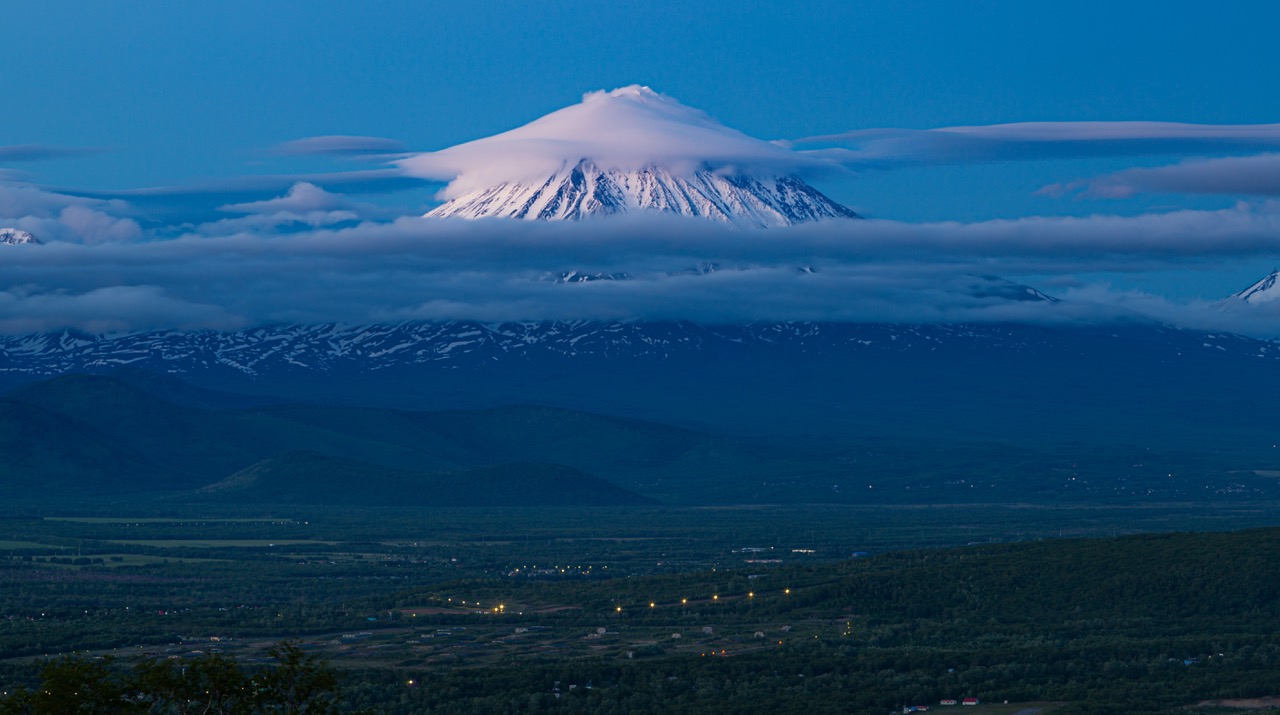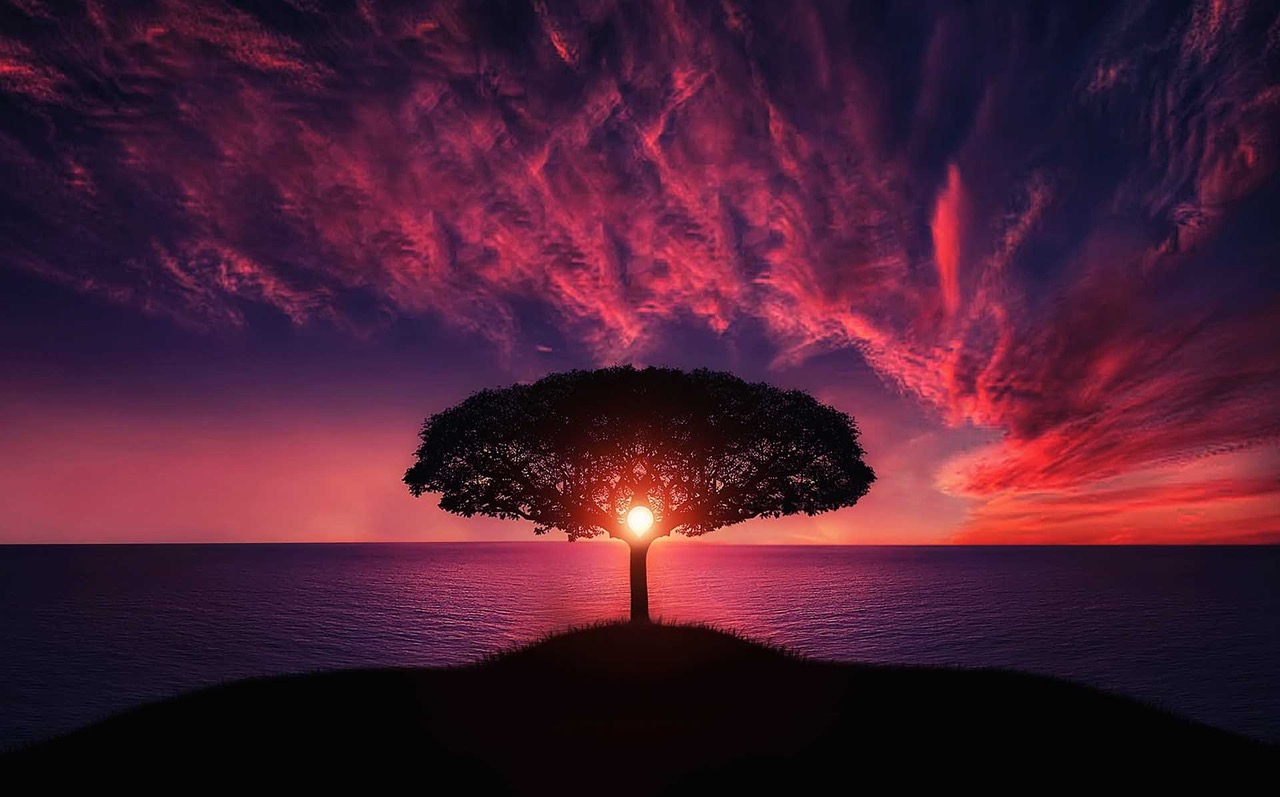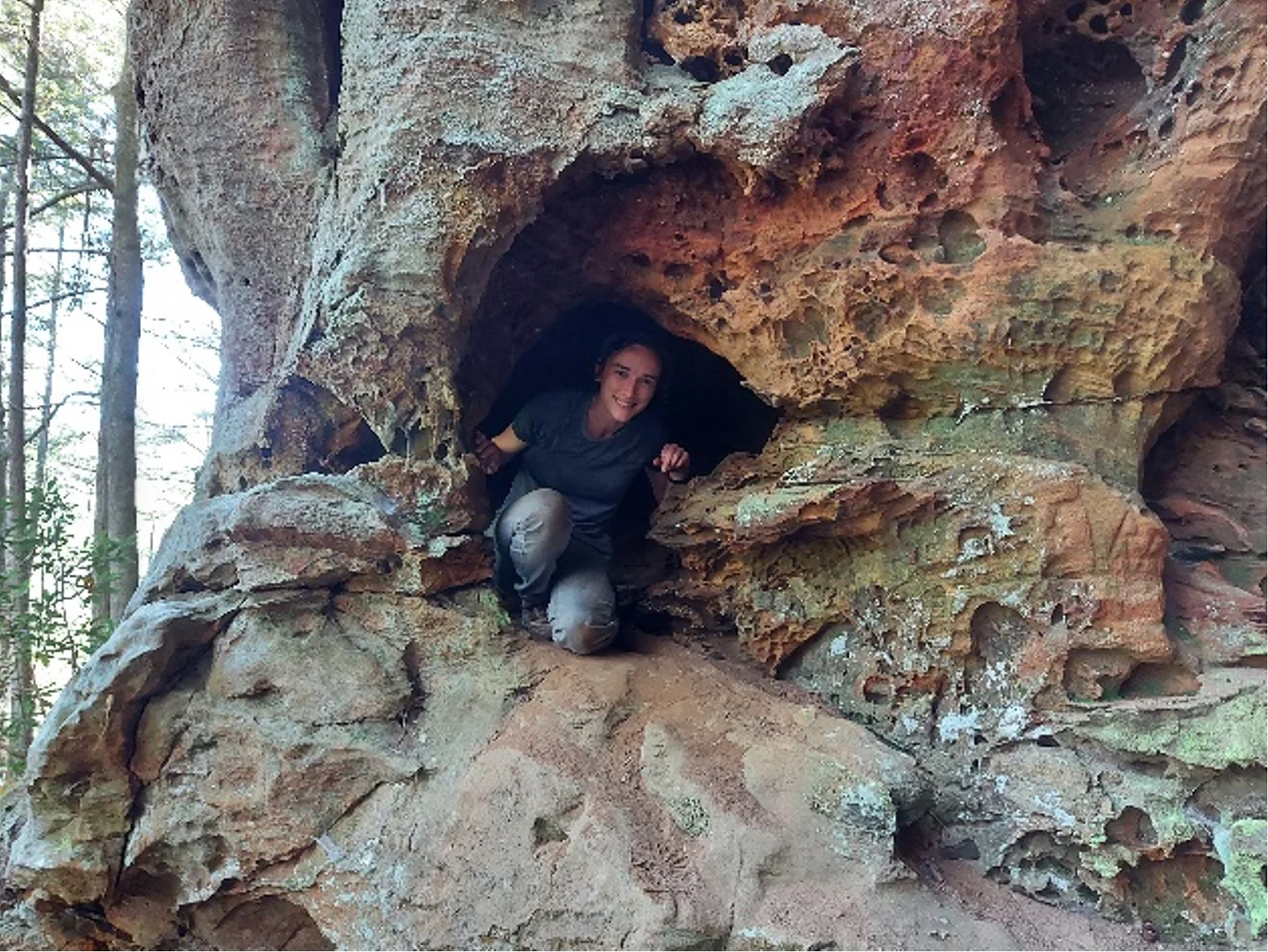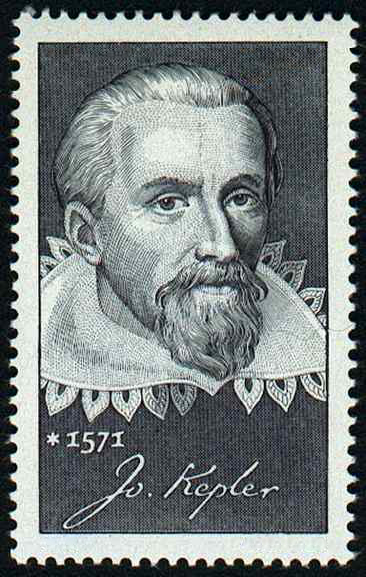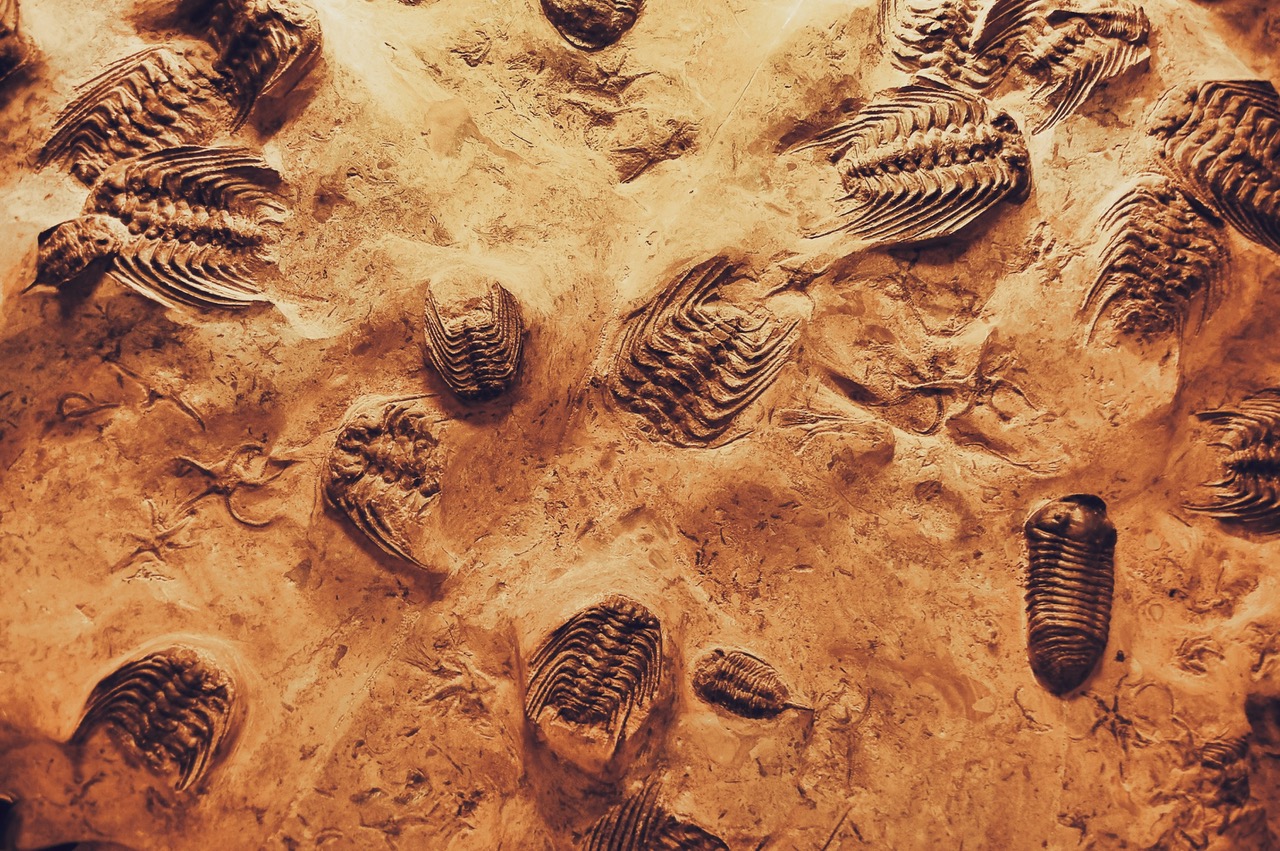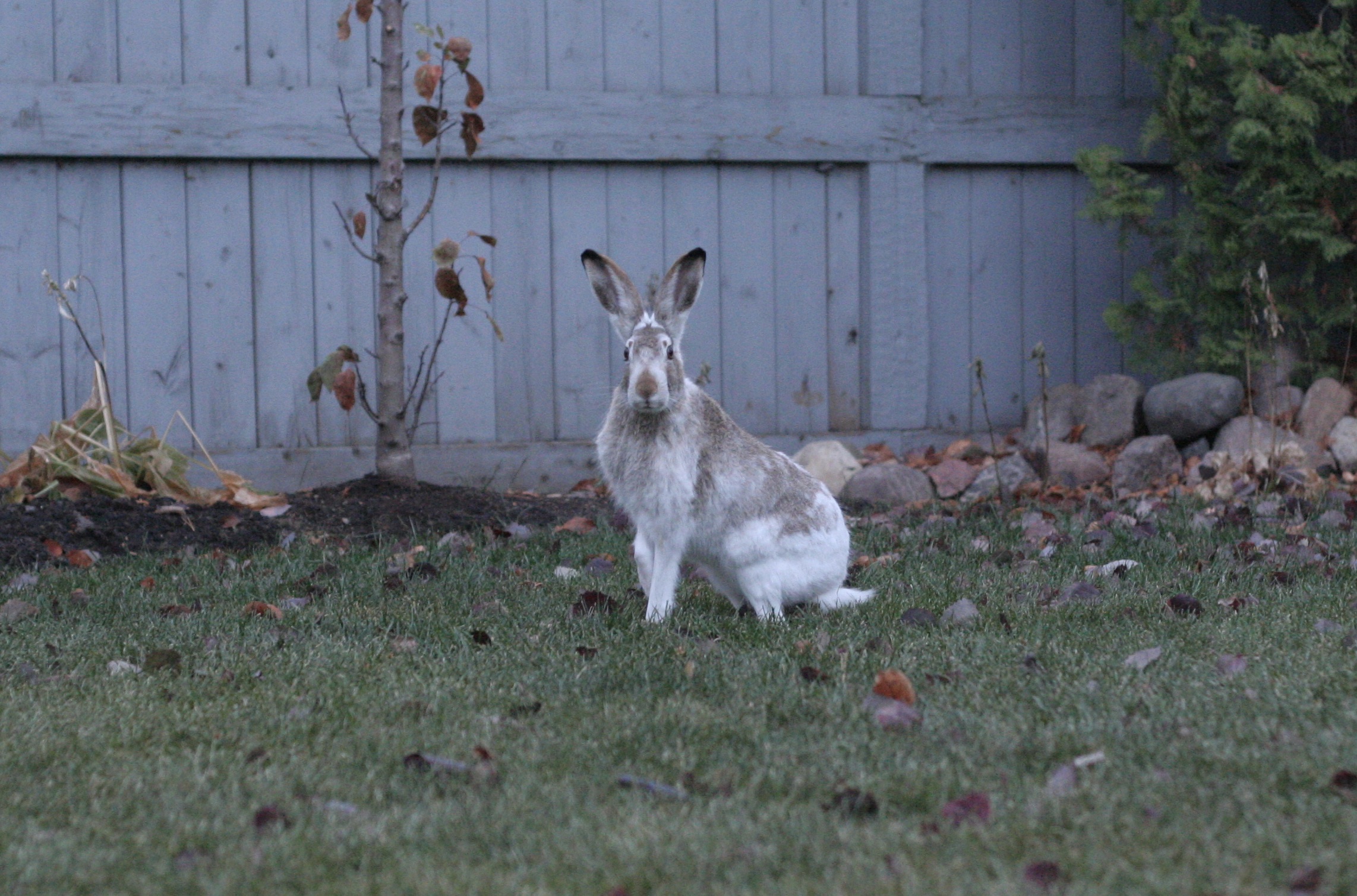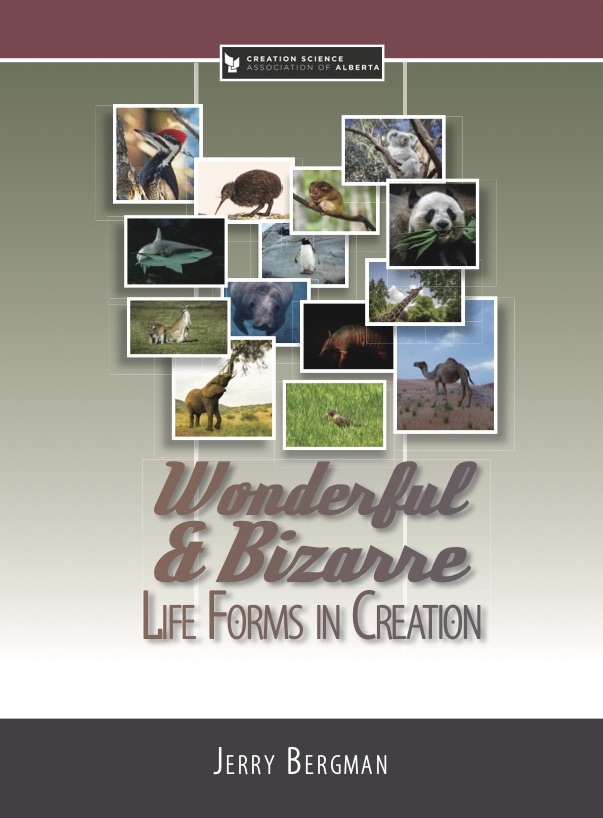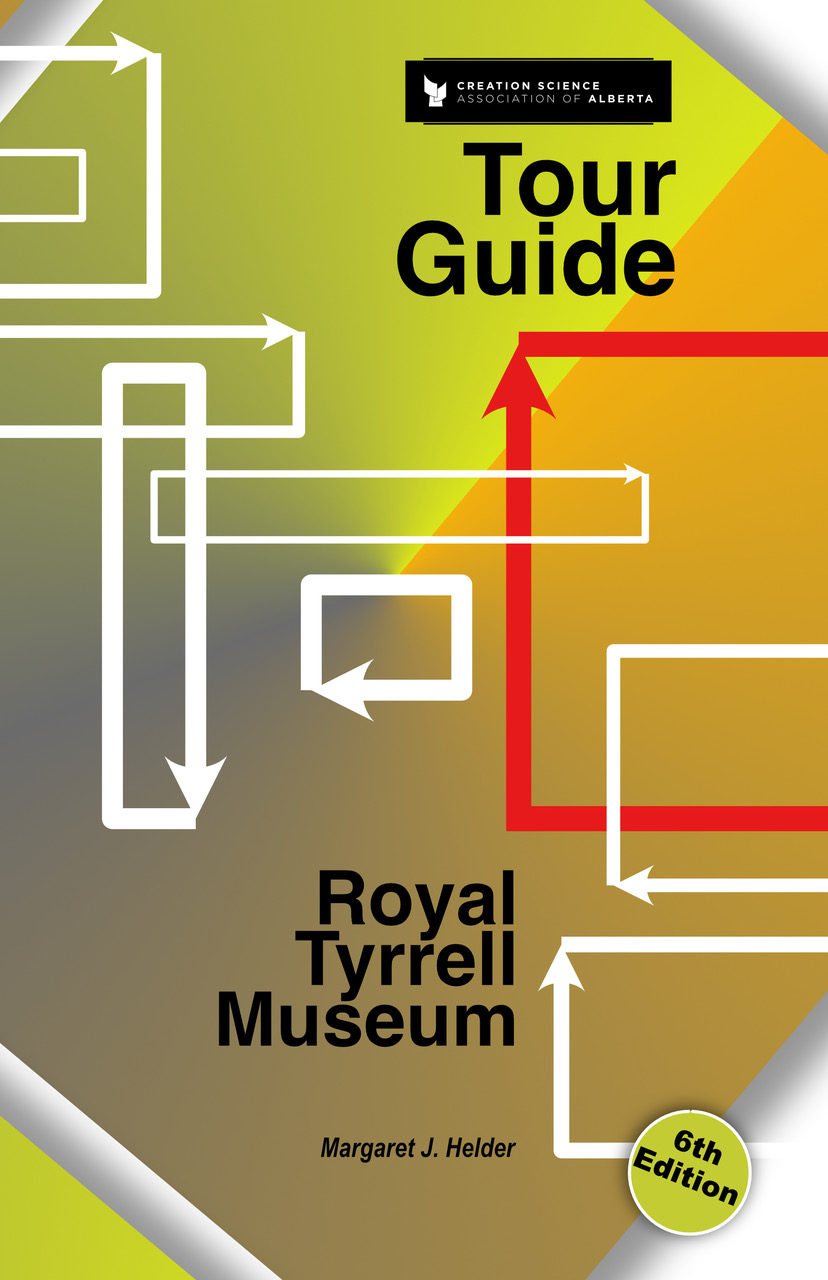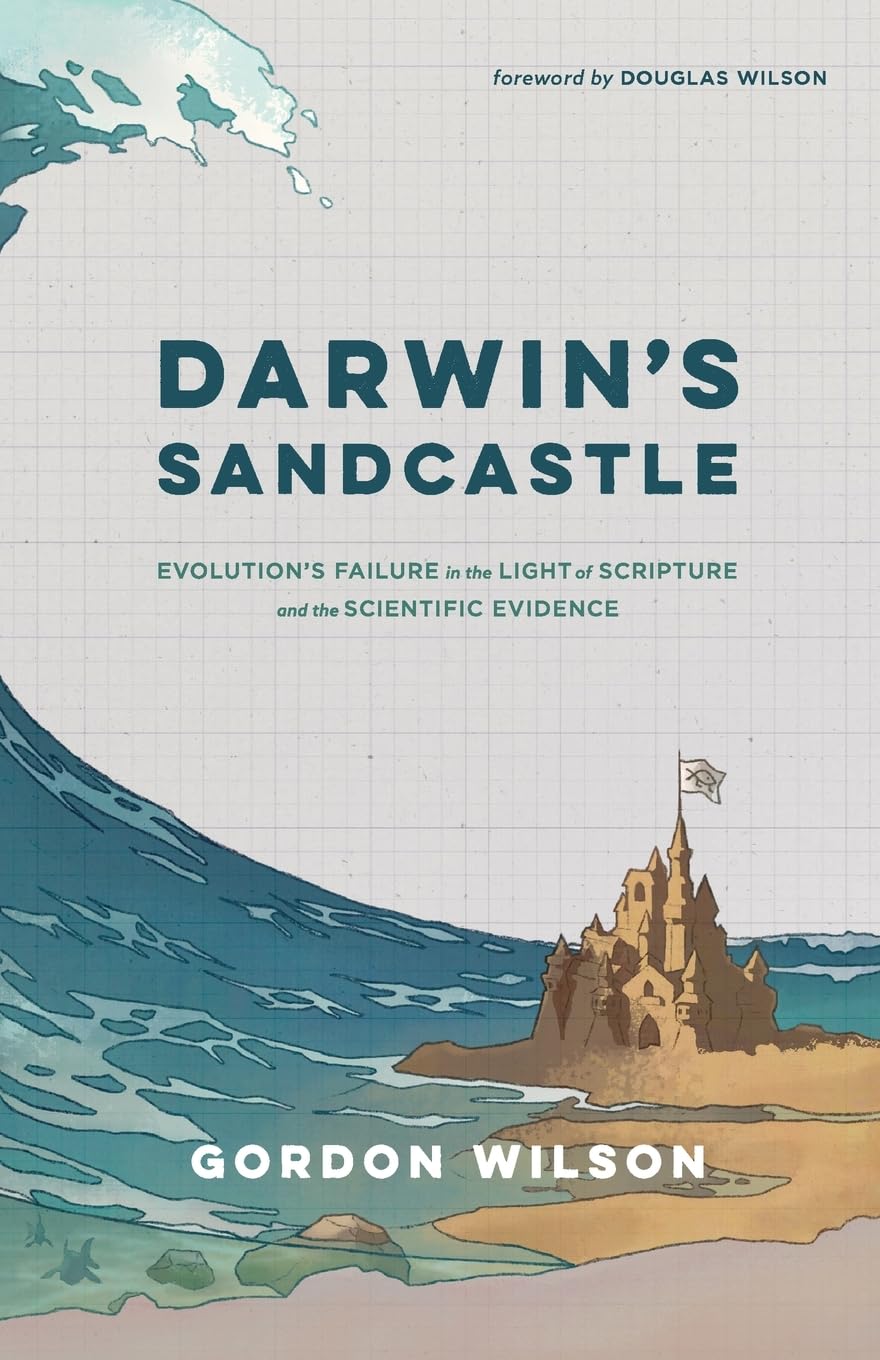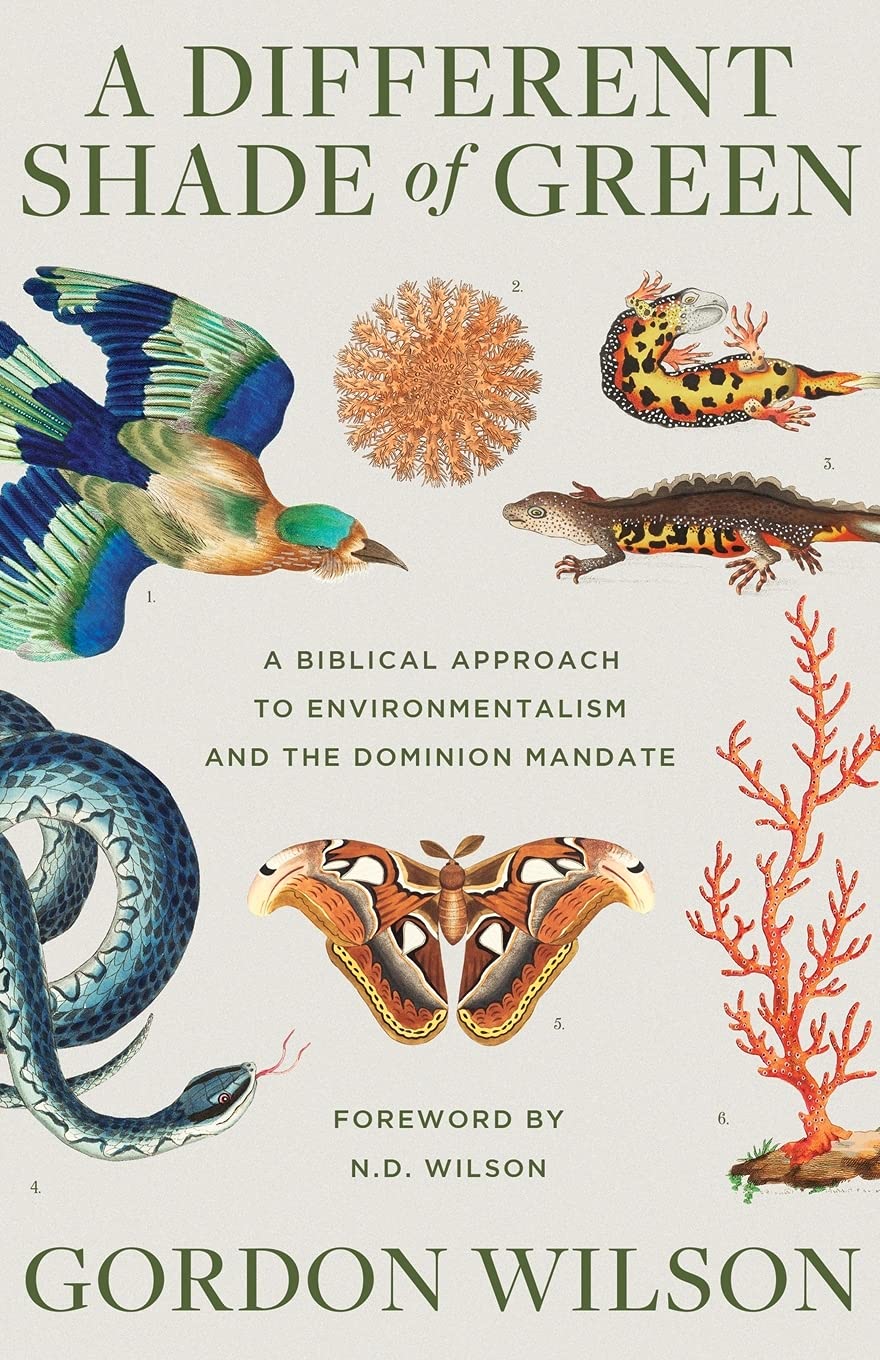Articles » People
Book Review –
Darwin’s Bluff: The Mystery of the Book Darwin Never Finished
Reviewed by Margaret Helder
A project which has produced a delightful read on Darwin’s life, views and impact, began many years ago when an undergraduate student, out of curiosity, dipped into a new volume in his university library. This volume was the first in a lengthy series from Cambridge University Press. These volumes contained the correspondence, both to and from, of Charles Darwin. Thus hooked on these communications, Robert Shedinger, who was majoring in a general arts degree, began a 40 years long research project on Charles Darwin’s thoughts and actions. Astonished by what he found, Robert Shedinger now shares the results of his research. His book, Darwin’s Bluff, can’t fail to interest everyone.
Read the rest of this entry »The objective of education, in general, is to equip upcoming generations to understand their place in society and how to contribute in a meaningful way to the well-being of that society. Christians go further. Each generation seeks to communicate with youngsters our relationship to God, and our relationship to people and the world in which we live. Christians therefore declare that an important part of our mandate as citizens and believers, is to make sure that we are informed about current events and issues such as science which can exert such a dramatic impact on society, especially today. Thus, we seek to acquiesce with, or speak out against, various important policies in government and society. Indeed, few issues today have fashioned the values of society as much as has scientific thinking and the philosophical implications thereof.
Read the rest of this entry »Dr. Gordon Wilson featured speaker at Creation Weekend October 2023
October 27 and 28, 2023
Edmonton, Alberta
Meadowlands Baptist Church
Many people love The Riot and the Dance cinematic celebrations of the creation. Dr. Gordon Wilson is the biologist and narrator of these films. Naturally these wonderful programs call our attention to only a small number of interesting stories from nature. But Dr. Wilson has a great store of interesting discussions on the significance of what nature displays! In his presentations he provides insights on the life cycles, diversity, and relationships of living creatures while at the same time acknowledging the impact of natural evil, a result of God’s curse after the fall of man, which results in predators, parasites and disease impacting all creatures.
Read the rest of this entry »As Christians, we understand that people from earliest times have made their living from farming. Cain and Abel, for example, had crops and herds. The patriarchs Abraham, Isaac and Jacob had huge flocks of sheep, goats, cattle, donkeys and camels. Such flocks needed large areas of pasture for grazing. Also in Isaiah 28: 24-25 we read about farmers sowing crops of dill, cumin, barley and wheat. These farmers ploughed and sowed seeds. Nobody suggested that they should leave nature undisturbed. Farmers in New Testament times also ploughed the land and sowed seed. Agriculture has always been regarded as a good thing. At the present time however, agriculture has become somewhat controversial.
Read the rest of this entry »The recent death of Dr. John Morris of ICR brings to mind the occasion when he collaborated with Rev. Edward Crawford of Edmonton to travel to Mount Ararat.
On a stormy night at the end of February, 1976 Edward Crawford and more than three thousand other Edmontonians crowded into Jubilee Auditorium to hear John Morris, Field Director of the Institute for Creation Research in San Diego. Morris’ update on the status of expeditions to Mount Ararat included a number of slides. Mr. Crawford however saw something that others missed. He saw an inscription on a boulder on Mount Ararat. He recognized some of the characters as ancient proto-Sumerian. What was the story behind these writings? He wondered how messages came to be in such an inhospitable part of the world.
Read the rest of this entry »A Reflection
It has been suggested by some people that Christians reacted poorly to the threat posed by Darwin’s book The Origin of Species. Such criticisms miss the point. Influential English society had already abandoned an orthodox Christian faith and they were more than ready for Darwin’s ideas. The situation was similar in the United States. There were no arguments which could have changed these hearers’ minds. They heard what they wanted to hear and ignored what they did not like.
Naturally the first to speak out were prominent clerics. One of the most famous defenders of the faith was Samuel Wilberforce (1805-1873) Bishop of Oxford and son of the famous William Wilberforce who campaigned so long for the emancipation of the slaves in the British Empire. The Wilberforce family was known for their devout faith. Thus in a review of Darwin’s book, Bishop Wilberforce wrote:
Read the rest of this entry »Creation Weekend 2022 represented yet another experiment in our efforts to bring the presentations of featured speakers before a far-flung audience. Obviously live events are the ideal, when people can meet, share concerns, examine resources at first-hand, and engage the speaker in face-to-face conversation. But even online, the audience enjoys the speaker’s message and still has the opportunity to ask questions. In these uncertain times therefore, Creation Science Association of Alberta elected to provide a hybrid event.
Read the rest of this entry »When we reflect on wonderful works of creation, our thoughts often turn to beautiful creatures like hummingbirds and butterflies. Most people do not think firstly about such issues as the electromagnetic spectrum of energy including x-rays, visible light and radiowaves. One great scientist who saw the beauty of creation in such phenomena was James Clerk Maxwell (1831-1879). He was a physicist, the first professor of experimental physics at the Cavendish Laboratory at Cambridge University. Over the main entrance to the building, this physicist directed that Psalm 111:2 be carved in Latin: Magna opera Domini, exquisita in omnes voluntates ejus.” The English translation is “Great are the works of the Lord, studied by all who delight in them.” (ESV) When he studied these physical phenomena, Maxwell saw that they had been wonderfully designed and created by God. According to the Cambridge Dictionary of Scientists (2002) Maxwell’s summary of electromagnetism in the form of field equations is “an achievement equalled only by that of Newton and Einstein in mechanicsl” (p. 246)
Read the rest of this entry »Book Review by Alisha Bain
Did you know that Johannes Kepler’s incredible achievements in science were influenced by his Christian faith? I learned this fact from a new book called Johannes Kepler: Exploring the Mysteries of God’s Universe by Michael Stamp and Christy Hardy. This book is in the Heroes of Creation Series and it is produced by ICR (Institute for Creation Research). This title has lots of information about space discoveries made from 1560-1630, and shares about faith and God’s creation.
This book is interesting for many different ages. I would suggest this book is especially good for anyone 9-12 years old. It has some more challenging words, but it also breaks things down and explains words or what something means with definitions throughout the book. Younger kids can read and enjoy this book too, but might need help from a parent or older sibling to understand the big or more difficult words and concepts. As well, older children can enjoy this book because it has lots of facts and cool topics such as optics findings that Kepler made that are important for us today, what Kepler discovered about ice crystals, Kepler’s 3 laws of planetary motion and more!
Read the rest of this entry »HeadStart is a completely new tool available for high school students and their teachers (and postsecondary students). Written and developed by the Creation Science Association of Alberta, this tool is free and easily accessed. Check it out at www.create.ab.ca/headstart
Many people recognize that it is a privilege to learn about God, the Creator and his Creation. That is why, besides observing the natural environment in which we find ourselves, it is a pleasure to go beyond mere observations to discover how things work and why. Most young people undertake to study some science, at least at the high school level. But there is a problem, most programs of study include a lot of evolutionary concepts that point away from God and his work. Even seemingly innocent terms like microevolution, convergence, nucleus, fossil record and plant biology are loaded with evolutionary concepts. However, these phenomena themselves actually point overwhelmingly to the work of God, the Creator as described in Genesis and throughout the Bible. It was to communicate this message, that HeadStart was developed.
Read the rest of this entry »Creation Weekend 2021’s on-line conference with paleontologist Dr. Marcus Ross was so dynamic and interesting that it seemed as if we had heard him in person. I found myself thinking about his return trip to Virginia. But, of course, he never left Virginia. Nevertheless, with the wonders of technology, Dr. Ross was able to present two excellent and very different topics. Since his field of expertise is fossils, his whole first presentation dealt with fossils, specifically some scary marine reptiles called mosasaurs. The second talk dealt with the objectives of creationists in their pursuit of science.
In the Royal Tyrrell Museum’s spooky Bearpaw Sea exhibit, if you look up, you will see the skeletons of massive marine reptiles including mosasaurs. Dr. Ross actually came as a student to study Alberta mosasaurs at the Tyrrell Museum. Read the rest of this entry »
Marcus Ross has loved paleontology, and especially dinosaurs, since he was a kid growing up in Rhode Island. His twin passions of Christianity and science have provided some amazing opportunities along the way!
Marcus began his formal studies in geology at the Pennsylvania State University, where he earned a B.S. in Earth Science. It was there that he also began his early work in creation science, writing articles and leading a student creation club on campus. Following graduation, he continued his studies with a M.S. in Vertebrate Paleontology from the South Dakota School of Mines and Technology and later a Ph.D. in Environmental Science (Geoscience) from the University of Rhode Island. His dissertation research focused on the fossil record of mosasaurs, a group of large marine-dwelling lizards known from upper Cretaceous rocks around the world. Read the rest of this entry »
Canada’s is proud of her connection with some great inventors, although sometimes the connection is a little remote. Consider the story of Guglielmo Marconi’s invention of wireless communication (radio). He spent only three weeks in St. John’s Newfoundland, but he made the city famous nonetheless. It was in mid-December 1901 that Marconi successfully received signals sent by collaborators from Cornwall, England, a distance of 3430 km (2100 miles). Within a few days Canada concluded an agreement with the inventor for the construction of a wireless communication station in Cape Breton. This provided him with a subsidized monopoly. Marconi then left Canada and the rest is history. Read the rest of this entry »
A lot of people in these COVID times, especially young people, are growing tired of the same old scene, the same four walls, the same view out the windows. No matter how beautiful the scene, it soon ceases to interest us if that is all we see. Nevertheless, even in our same old environments, it is still possible to maintain the flame of interest in the creation. Some young people in Alberta recently shared with me some of their interests in the creation. Clearly their stories show how they are keeping their interests alive. Indeed, these stories can help enhance our appreciation of the creation too. Read the rest of this entry »
I remember suggesting to one of my professors, when I was at university, that a certain course would be a waste of my time since I had already studied that topic. He suggested that there might be more to learn and he was right, of course. In fact, there is always more to learn on any topic. That is why we hear so much about life-long learning. We don’t want to atrophy (dry up) mentally or physically. It is important to keep developing our skills.
Naturally in everything we learn, we have to be cautious. We don’t want to plant desert-loving plants in a wet area of the garden, or do stretches the wrong way, nor do we want to acquiesce to wrong interpretations in science, or history or philosophy or whatever. This does not mean we stop reading! What it means is that we apply critical thinking skills to our various pursuits. Read the rest of this entry »


